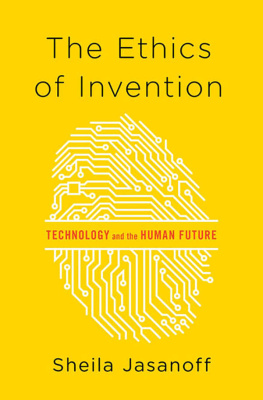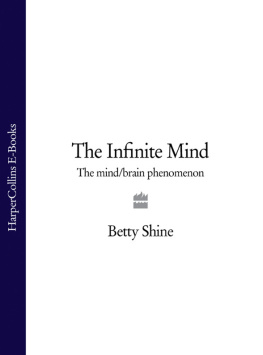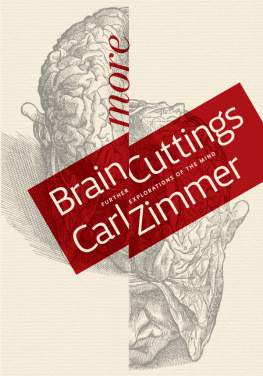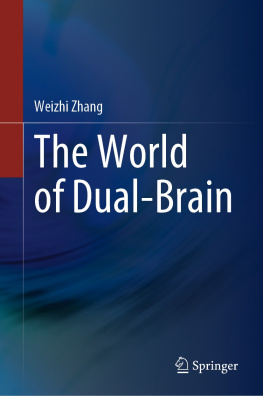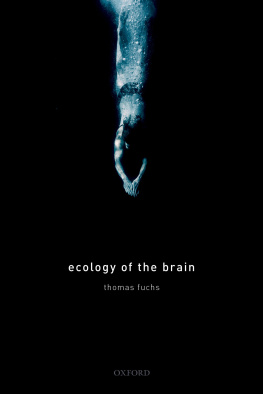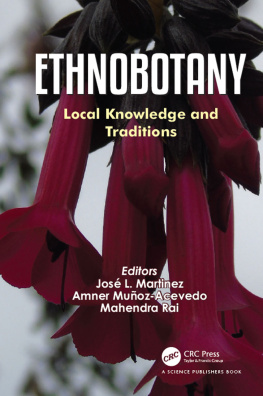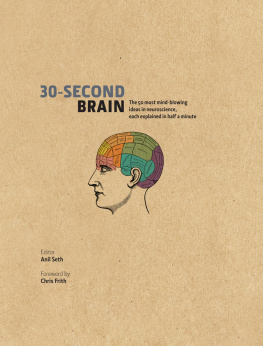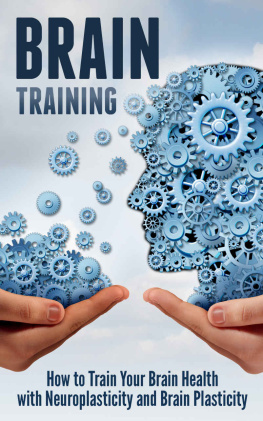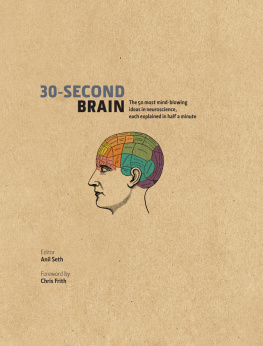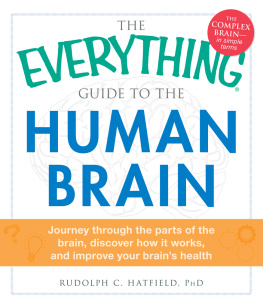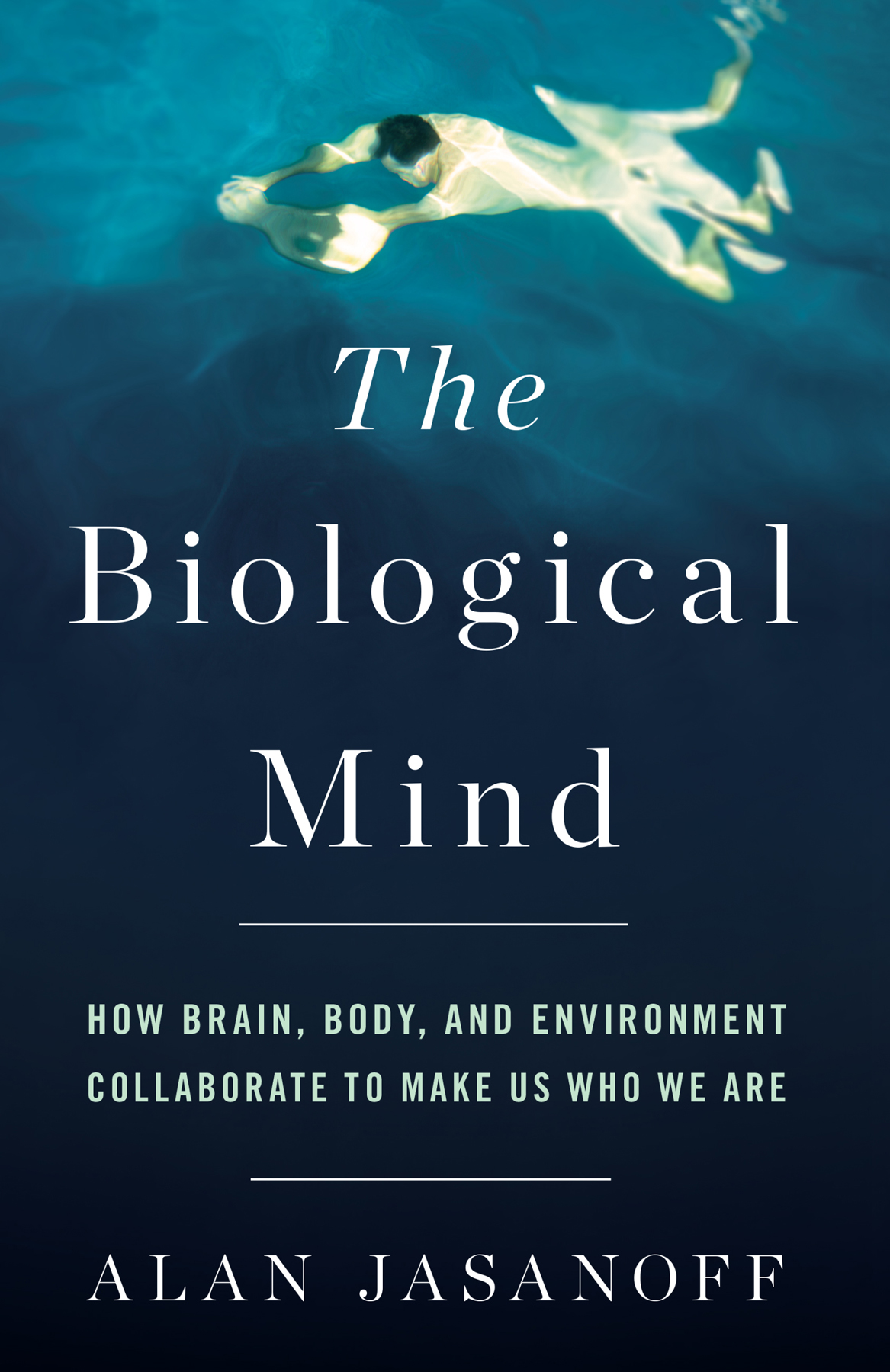Copyright 2018 by Alan Jasanoff
Hachette Book Group supports the right to free expression and the value of copyright. The purpose of copyright is to encourage writers and artists to produce the creative works that enrich our culture.
The scanning, uploading, and distribution of this book without permission is a theft of the authors intellectual property. If you would like permission to use material from the book (other than for review purposes), please contact permissions@hbgusa.com. Thank you for your support of the authors rights.
Basic Books
Hachette Book Group
1290 Avenue of the Americas, New York, NY 10104
www.basicbooks.com
First Edition: March 2018
Published by Basic Books, an imprint of Perseus Books, LLC, a subsidiary of Hachette Book Group, Inc. The Basic Books name and logo is a trademark of the Hachette Book Group.
The publisher is not responsible for websites (or their content) that are not owned by the publisher.
Unless otherwise noted, images in this book are public domain. Every effort has been made to determine the rights holders for the photographs and excerpts that appear in this book.
Library of Congress Cataloging-in-Publication Data
Names: Jasanoff, Alan, author.
Title: The biological mind : how brain, body, and environment collaborate to make us who we are / Alan Jasanoff.
Description: New York : Basic Books, 2018. | Includes bibliographical references and index.
Identifiers: LCCN 2017052705 (print) | LCCN 2017055145 (ebook) | ISBN 9781541644311 (ebook) | ISBN 9780465052684 (hardback)
Subjects: LCSH: Neurosciences. | Psychophysiology. | BISAC: SCIENCE / Life Sciences / Neuroscience. | PSYCHOLOGY / Cognitive Psychology. | MEDICAL / Neuroscience.
Classification: LCC RC321 (ebook) | LCC RC321 .J37 2018 (print) | DDC 612.8/233dc23
LC record available at https://lccn.loc.gov/2017052705
ISBNs: 978-0-465-05268-4 (hardcover); 978-1-5416-4431-1 (ebook)
E3-20180129-JV-NF
to Luba and Nina,
who make me who I am
W HAT MAKES YOU YOU?
Wherever you come from and whatever you believe about yourself, chances are that to some extent you know your brain is the heart of the matter. Although it is said that there are no atheists in foxholes, there are also few people who will not duck when the shooting startsnobody wants a bullet in their brain. If you trip and fall forward on a concrete sidewalk, your arms rise instinctively to protect your head. If you are a cyclist, the only protective gear you probably wear is your helmet. You know something important is under there, and you will do what it takes to keep it safe.
Your concern for your brain probably does not end there. If you are smart or successful, you pride yourself on your brainpower. If you are an athlete, you prize your coordination and stamina, likewise products (at least in part) of your brain. If you are a parent, you worry about your childs brain health, development, and training. If you are a grandparent, you may worry about your own aging brain and the consequences of brain atrophy. If you had to swap body parts with someone else, your brain would probably be the last part you would consider exchanging. You identify with your brain.
asks you to consider just this possibility. In the experiment, you imagine that an evil genius has secretly removed the brain from your body and placed it in a vat of chemicals that keeps it alive. The brains loose ends are connected to a computer that simulates your experiences as if everything were normal. Although this scenario seems like nothing more than science fiction, serious scholars use it to consider the possibility that the things you perceive may not in fact represent an objective reality outside your brain. Regardless of the outcome, the premise of the thought experiment itself is that being a brain in a vat violates no physical principles and that it is at least theoretically conceivable. If scientific advances eventually made it possible to maintain your disembodied brain, the scenario implies that the irreducible you would indeed be in there.
For some, the idea that people can be reduced to their brains sounds a powerful call to action. A young woman named Kim Suozzi heard that call. as well. I myself have had a related experience, which I will describe later in this book.
When we are confronted with mounting evidence that the brain is central to all we once associated with our selves, our spirits, and our souls, it is not surprising that some of us react dramatically. In our brave new neuroscientifically informed world, the brain bears the legacy of several millennia of existential angst. Our ultimate hopes and fears can come to revolve around this organ, and in it we may seek answers to eternal questions about life and death, virtue and sin, justice and punishment. There is no mental function for which researchers have not succeeded in from nothing else but the brain come joys, delights, laughter and sports, and sorrows, griefs, despondency, and lamentations.
E verything important about us seems to boil down to our brains. This is a stark claim, and my aim in this book is to show that it sends us in the wrong direction, by masking the true nature of our biological minds. I argue that the perception that the brain is all that matters arises from a false idealization of this organ and its singular significancea phenomenon I call the cerebral mystique. This mystique protects age-old conceptions about the differences between mind and body, free will, and the nature of human individuality. It is expressed in multiple forms, ranging from ubiquitous depictions of supernatural, ultrasophisticated brains in fiction and media to more sober scientifically supported conceptions of cognitive function that emphasize inorganic qualities or confine mental processes within neural structures. Idealization of the brain infects laypeople and scientists alike (including myself), and it is compatible with both spiritual and materialist worldviews.
A positive consequence of the cerebral mystique is that exalting the brain can help drive public interest in neurobiological research, a tremendous and worthy goal. On the other hand, the apotheosis of the brain ironically obscures consequences of the most fundamental discovery of neuroscience: that our minds are biologically based, rooted in banal physiological processes, and subject to all the laws of nature. By mythologizing the brain, we divorce it from the body and the environment, and we lose sight of the interdependent nature of our world. These are the problems I want to address.
In the first part of this book, I will describe the cerebral mystique as it exists today. I will do this by considering themes in todays neuroscience and its public interpretation that underemphasize the brains organic, integrated characteristics. I argue that these themes promote a brain-body distinction that recapitulates the well-known mind-body dualism that dominated Western philosophy and religion for hundreds of years. By perceiving virtual barriers between our brains and our bodiesand by extension between our brains and the rest of the worldwe see people as more independent and self-motivated than they truly are, and we minimize the connections that bind us to each other and to the environment around us. The disconnected brain acts as a stand-in for the ethereal soul, inspiring people like Kim Suozzi to preserve their brains upon death in the hope of attaining a form of immortality. In upholding the brain-body distinction, the cerebral mystique also contributes to chauvinistic attitudes about our brains, minds, and selves, such as the egotism of successful leaders and professionals and the us versus them attitudes of war and politics.


